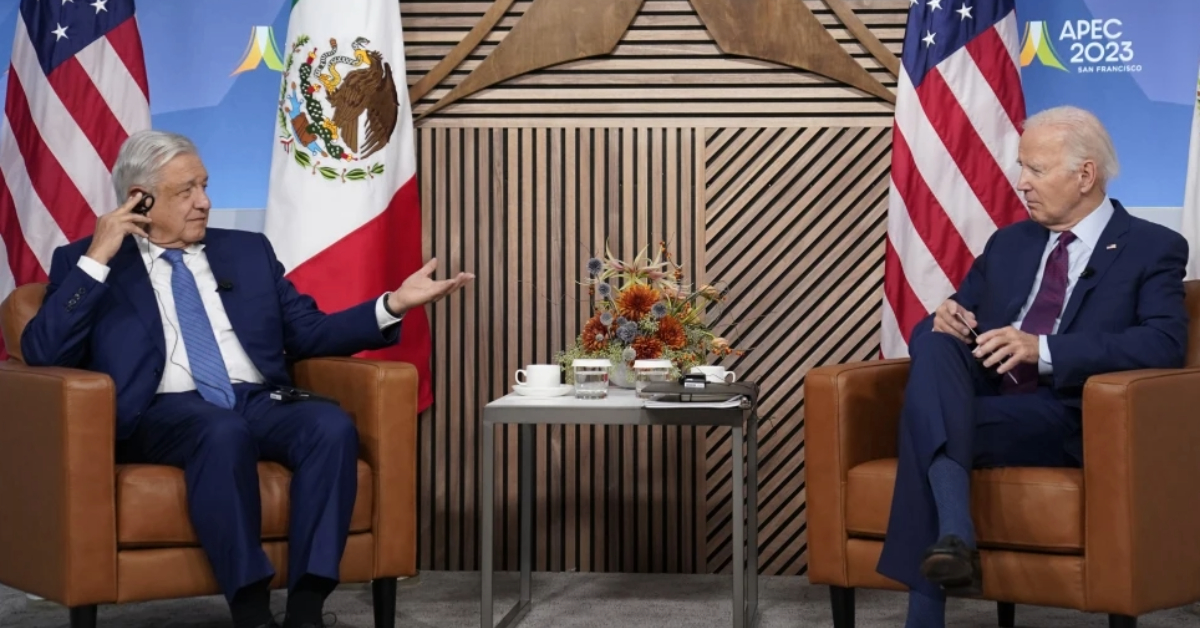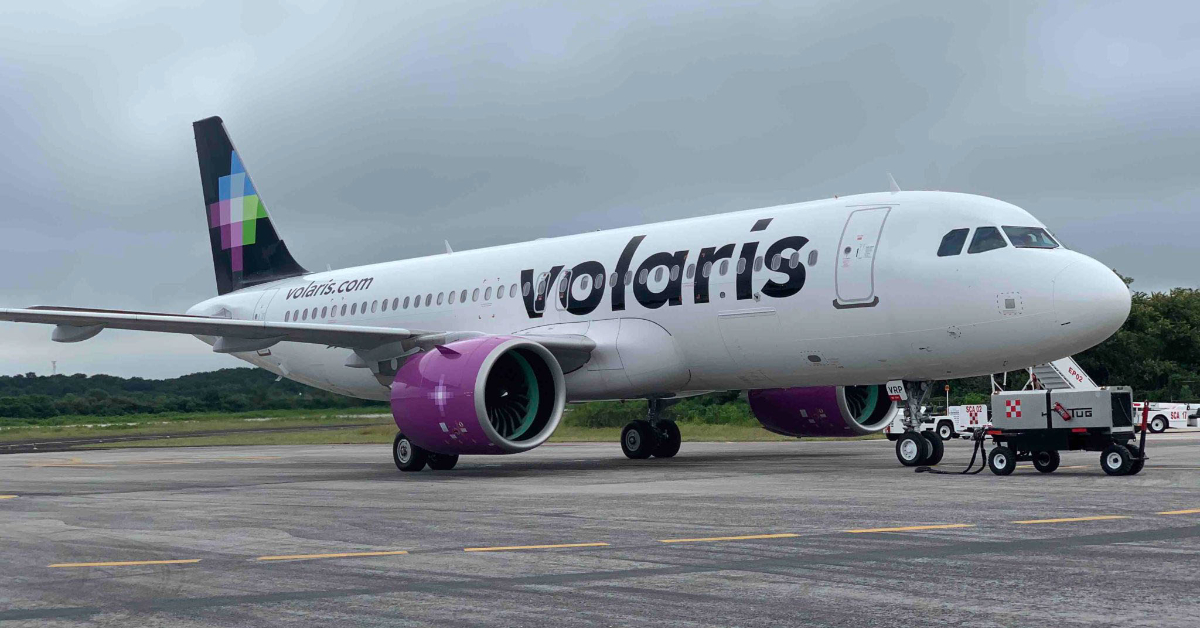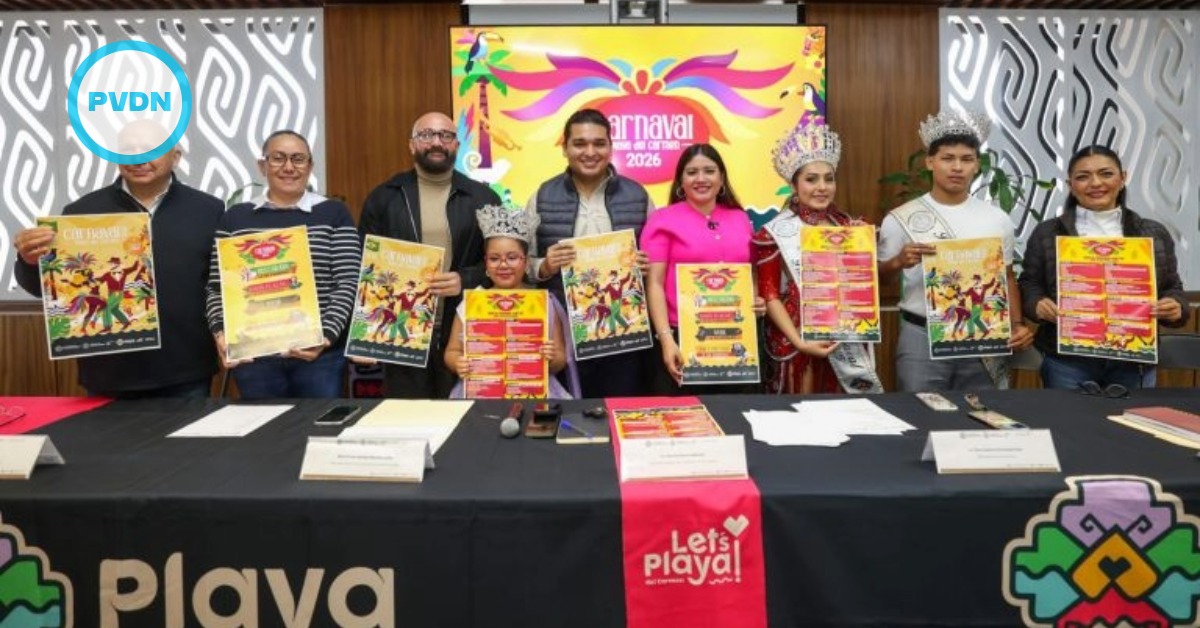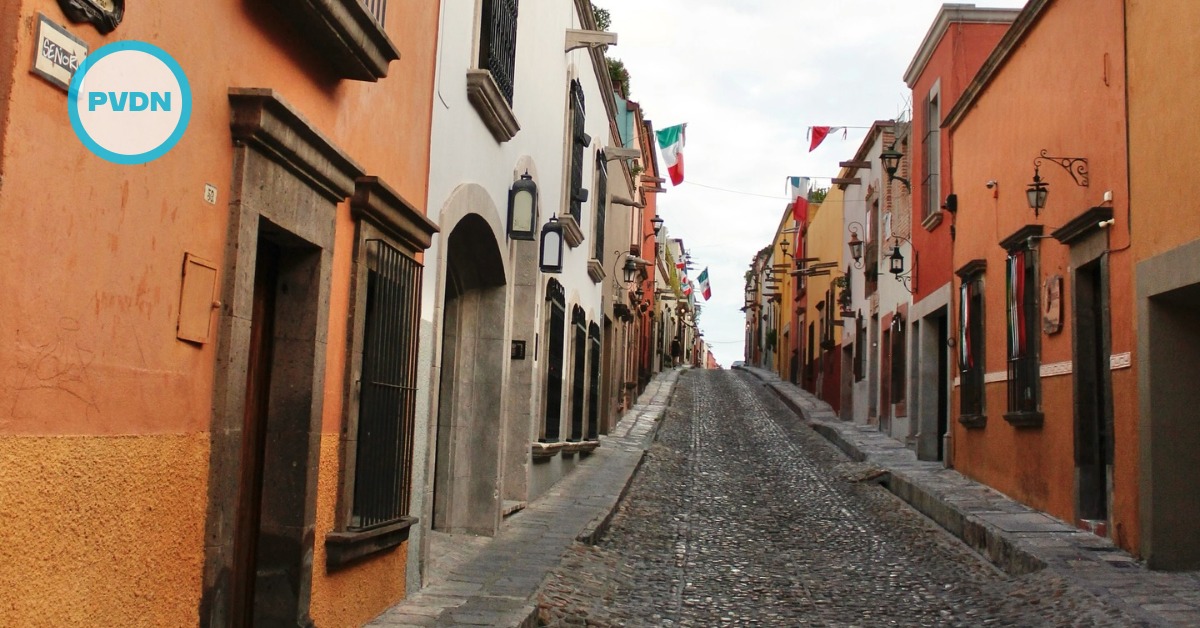PUERTO VALLARTA, Mexico - President Andrés Manuel López Obrador of Mexico has expressed deep concern over media reports of a U.S. investigation into alleged drug money donations for his 2006 campaign, raising questions about the future of talks between the two countries on crucial issues such as migration and drug trafficking. In a strongly-worded statement, López Obrador called on U.S. officials to apologize for what he deemed baseless allegations, highlighting the challenges that could hinder bilateral relations until such an apology is issued.






